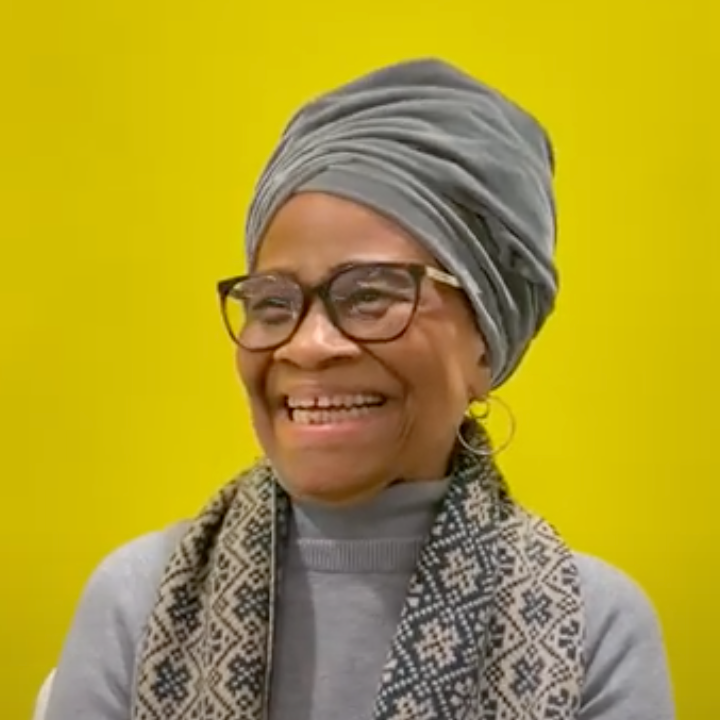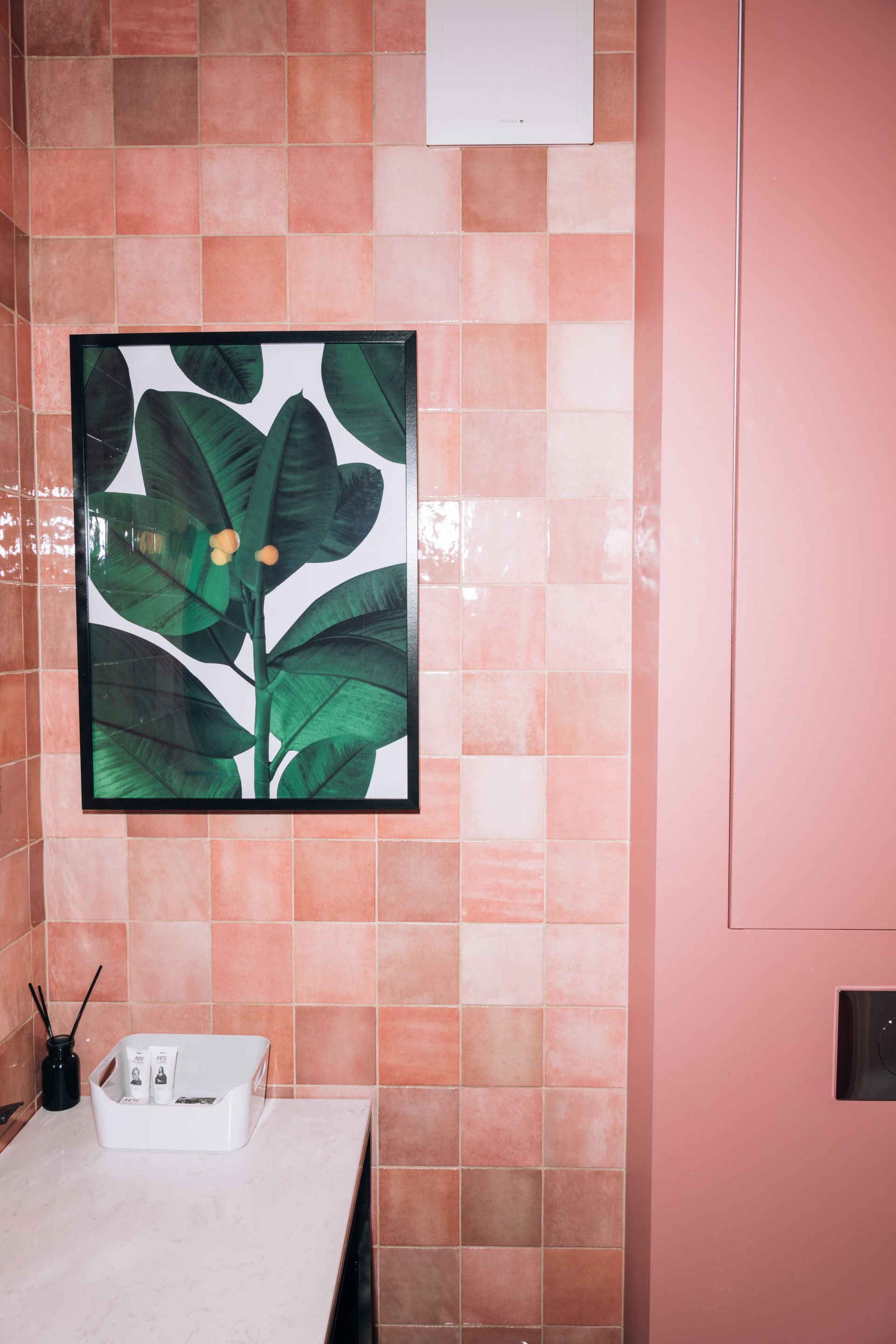Into the Slaughterhouse Train
Written by Maysoon Sheikh from Haringey Sixth Form College - London - UK
August 1947. The sky was on fire.
It was the kind of sky that wore the Indian chili-red of dusk, although it was only noon. I stood still, a prominent outlier, detached from the stampede of indistinctive blurs. The Eve of Ramadan birthed two new nations, turning citizens into refugees overnight. Anxious mortals swarmed the carriage. Some fell from the top.
The giant, tricolored flag that I once belonged to glared defiantly at me against the bloodshot redness of the sky, taunting me with interminable India saffron under whites after greens. Then I realized I never belonged to the flag.
It owned me.
Mama hurriedly pushed through and took my hand, shoving me into the crowded train. Her hand was sweating. She never sweats. I looked behind to see Baba walking briskly with the same too hollow, too depthless, almost hostile mien; a resolute hand gripped the delicate tasbih beads.
The train trapped a stench of broken wisps of life, bodies spooned like commas, waiting, linking, waiting, linking.
There were two men next to two free seats. One wore pink slippers while the other wore blue slippers. “I’ll sit on the floor.” Baba passed me his tasbih beads, then walked further ahead and sat closer to the doors.
I perched at the edge of the rickety seat beside Mama who whispered prayers to herself. I edged closer to her, trying to find comfort in her Amber Rose scent. It always seemed like the scent could, for a time, stifle my anxiety and make me a little more manful, a little more assured, a little less aware of the warm, sweaty pressure of bodies enclosing me. There was, for an aching moment, a silence that was only overpowered by the sparks and strains from the mass of loosely held metal.
“First they ignore you. Then they ridicule you. And then attack you and want to burn you.” I turned my head to hear the passenger who broke the impermanence of silence. Blue slippers. “And then put you in history books to teach our kids. No one remembers, no one remembers our sufferings. Wipe off Muslim blood on Hindu pants.”
“Ha! Leaving Muslim minority on mercy of Hindu majority. Like feeding us to lions. ” This more commanding voice electrocuted the fragility of silence. Pink Slippers. “You call this just? We should fight back!” His naan-stained spit flew out. “India is now an enemy nation, kaffirs that threw us out and I say we play the Hindu game. End all wars with Muslim victory!”
His thunderous voice bellowed through the train. I closed my eyes as the sound boomed in my ears and the train seemed to be moving faster; a piercing white shrill puncturing my mind.
I remember Kumar.
He was Hindu and my greatest friend. When our village’s fountain ran short of water, Kumar would tell me when it was safe to come out from my hiding spot from under a broken carriage and collect water from the Hindu fountain. He liked astronomy, looking at the stars and we were so similar.
Yet our differences were much greater.
One afternoon, they caught me, shoved me into the dirt but wouldn’t touch my skin, afraid my Muslim blood was dirty. When they were finished, they bent to pet the stray dogs instead. Kumar watched and I later smiled with volition between every blood-smeared tooth as he gave me back my bucket. “For you, my brother.” Empty but brimming with guilt.
He and I were two paradoxical creatures, placed at two opposite ends of two worlds with two distinctly separate lives. And yet we somehow felt so at one.
“You’re wrong.”
The impulsively bold statement was triggered by the harsh jolt of the train, the rails chugging unsteadily onwards to a destination of uncertainty. Two towers of condescension loomed over me as their angered glares became inflamed with the need to feel superior.
Mama placed a warning pressure on to my side and I felt the tasbih beads poking my skin. But then I thought of Kumar.
“Darkness cannot drive out darkness. Only light can do that.” My voice was faint compared to Baba’s steel eyes illuminating his anger against my outspokenness, and yet I continued.
“India is not a nation, nor a country. It is a subcontinent of beautiful nationalities. The tapestry of our culture is deeply entwined with theirs.” Through the window, under the dangling feet, the Sun’s orange-rubies ran its colors down onto the Earth. “So why should we unravel it? An eye for an eye will only make the whole world blind.”
The men looked at me with cynical amusement plastered onto their sunbaked skin, at the colors of my language that were beyond my years.
“What are you saying boy? These people are wolves in our lands, understand?” Blue Slipper had hairy feet, like wolves.
“You don’t want to fight for Muslim nation, ha?” Pink Slipper's spit flew everywhere. “Fight for Muslim people who are hunted by Hindu animals? So flag of Pakistan flies over-”
“There is no flag large enough to cover the shame of killing innocent people.” The train was a silent graveyard. I felt Baba’s eyes on me. "There is no war that will end all wars. Only the dead have seen its end.”
The words solidified, suspended in the air like a simultaneous hanging of all their blind hope, hovering just above their reach in the soundless train. I glanced at Baba to see his stare glazed with something that belied the coldness of his eyes. Pride?
A muted scream brought our heads up.
The lights flickered. The engine slowed down. The train stopped. Hearing the sounds of my Mama’s amplified breathing did nothing to calm mine.
“Mama. Why have we stopped?” Mama looked at Baba. Baba nodded.
A hard clot of fear grew inside my stomach. The solitary volume of Death’s knock on the train door ironed out all creases of silence.
“This train is no longer heading to Pakistan.”
A dagger for a voice felt like a shove to my grave as I lurched on to the floor. But I soon realized it was Mama’s sweating hand that was shoving me under the seat. My vision was now restricted to feet.
Deathly boots knotted the noose for Mama, Baba, and Slippers Pink and Blue as the walls of the train threw back the echoes of intimidation levelled by conscripted Hindus. The grainy taste of sick settled on my tongue when the soldier’s combat boots wafted the musty scent of blood under the seats.
“Muslims! Muslims! Come forward!” Passengers’ bare feet and sandals were tucked in tight; cuffed by the legs, cuffed by fear.
“You!”
The boots stopped. “Are you Muslim?” Straps of familiar pink laced the man’s feet.
“Does it scare you this much if I am?” A cocking of a machete tightened a string of dread around my lungs.
A new pair of boots entered the scene, but these carried only the pitiful, pliable mud. “General.” His feet were fidgety and his voice could be no more than three years older than mine; pitiful and pliable. “We already burned five carriages and our men are wounded-”
“So we leave this one? You forget how they killed your brother? His warm blood on your hands." There was a contemplative silence in the crowded cage that shouldn’t have been there. If I listened closely, I could hear the guttural growl of flames from the carriage behind us.
A yell left an expired soul.
Men began to shout and a fleet of furious feet crashed into Hindu boots. It was a blur, the thumping of feet and chests, the grunts and groans of rage and pain, the second gunshot and another and another, until the last gunshot signed the death warrant of one more life. A sea of red began to coat the floor, and by the time I felt the sticky warmth soak into my shirt, from under the seat I could see the general's boots and a martyr who wore pink slippers. My Baba was just as fearless.
“Baba!”
Electricity ran through my back at the realization I had spoken. Mama kicked back my exposed hand, still gripping her sari from under the seat. I shuffled back to the walls of the train as I heard the soldier’s boots getting closer. He stopped right in front of Mama. I was unable to move or even think as I heard the Hindu’s ring travel along his rifle.
“Stand up, Muslim.” His young voice was glazed with a subtle insecurity that belied his mask of intimidation. The base of Mama’s sari rose up as she did. She was crying. I reached out to grip her sari again. “Please. My family.”
I smelt the metallic fragrance of death before I heard the trigger click. I watched Mama’s white sari saturate in red, watched her fall on her chest until she was facing me, watched the interjected finger arrest the beating of her clock as my grip on her sari shook with anguish but never surrendered. The copper rosy scent of her blood was a dark mutation of her Amber-Rose.
Two more sprays of violent metal, and something in my mind shifted. I crawled out from under the seats. In my pocket, I felt Baba’s cold, delicate tasbih beads and thick, warm blood. The train resembled the butcher’s truck, headless bodies lined up, a slaughterhouse. A tide of anger consumed me as I ran towards the only soldier left on the train.
The young Hindu.
His back crunched as my knuckles collided with his spine. “You filthy Hindu, bring me back my family!” He turned and pointed his gun at me and I stopped.
“Kumar?”
Kumar’s eyes held layers of fear and he shoved me back on to the blood-splattered floor. The hard pressure of his rifle weighing against my throat stationed me.
Until it was gone.
One, final gunshot was enshrined by curdled silence. I sat up and watched Kumar’s lifeless body, his rifle resting on his own ruptured throat. The train started to chug forwards with ease, as if it wasn’t carrying the occupants of newly dug graves, as if I wasn’t lying in the pool of Muslim and Hindu blood.
Kumar looked at me and rasped out, blood spluttering. “For you, my brother.”
YOUNG PENS ARE EVEN MIGHTIER
KEEP IN TOUCH!
Sign up to our newsletter to know more about opportunities and what we do as Creativity Unleashed on a regular basis!
Thank you! You are now added to our newsletter mailing list!
Oops, there was an error adding you to our newsletter.
Please try again later!
CreativityUnleashed CIC is not associated in any way with Creativity Unleashed Limited
All Rights Reserved | CreativityUnleashed



